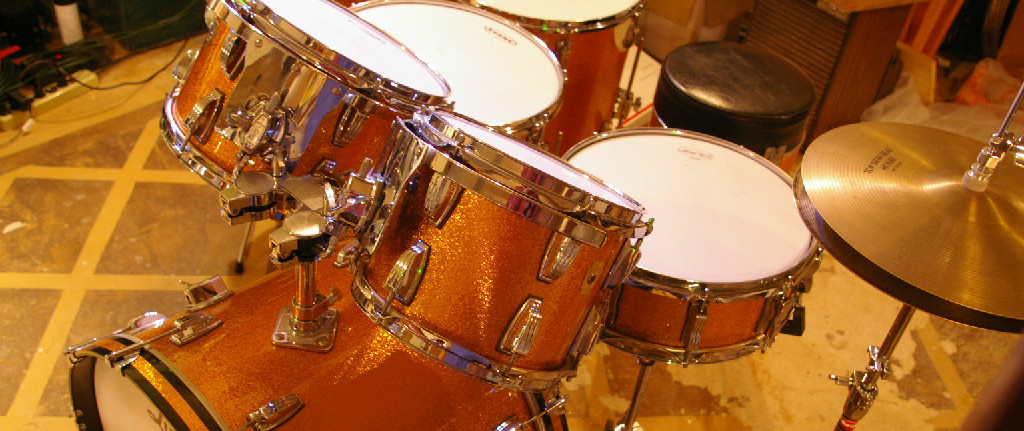Slowing? With a Labrador?
I’ve decided to write my spiritual transformation paper on my experiences with fasting. I’m going to compare/contrast abstaining from food (something I do somewhat regularly) and abstaining from speaking (something I’ve never done). I’m working on a plan for an 8 hour speaking fast, and trying to work some stillness and solitude in at the same time.
While walking the most perfect dog in the world this morning (that dog being Deuteronomy James Reed Batty), I had some thoughts about how this slowing/no speaking fast is going to work. Concerns is a better word.
How am I going to walk this dog without speaking to him? “Come on” is a word frequently used when walking a Labrador. One thought I had about how to not say “Let’s get going, Deut” is to slow down, and let him sniff for as long as he wants, at all the places he wants. That will cause me to be slow, for sure! I wonder how much time I should plan on adding to my walk if I let him take as much time as he wants.
